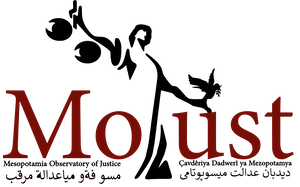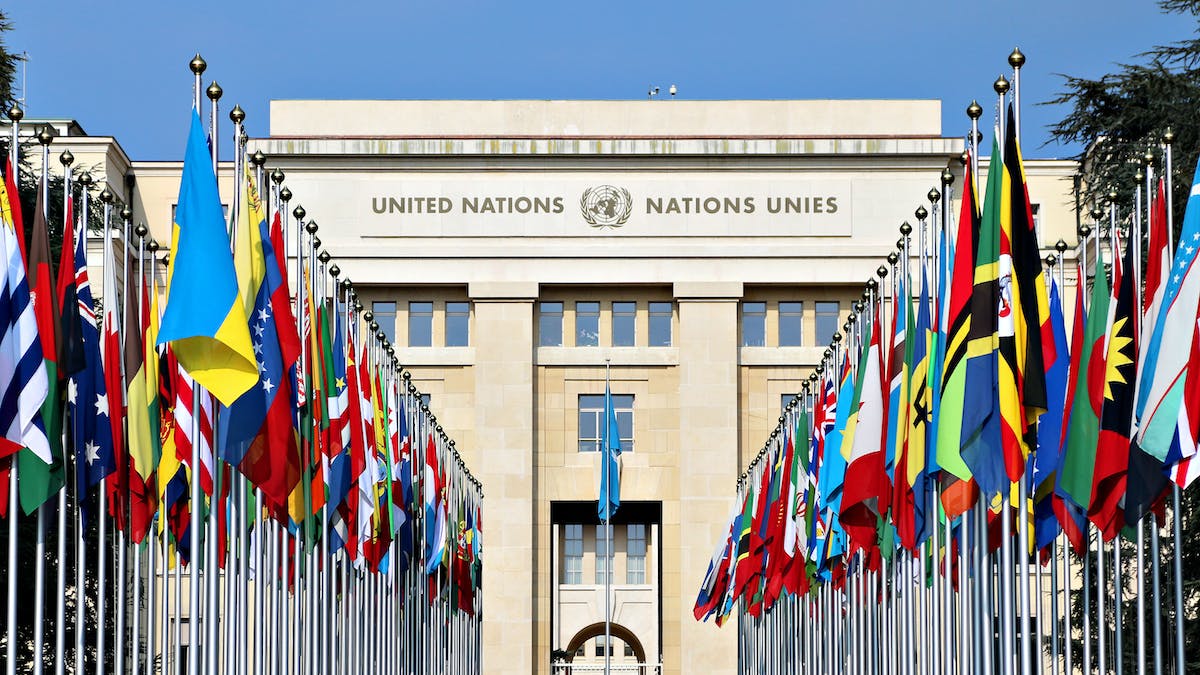United Nations experts have expressed shock and dismay at Iran’s execution of a second child offender in four days amid concerns that further executions may take place in the coming days. The executions of Majid Esmailzadeh on 18 April 2020 and Shayan Saeedpour on 21 April 2020 once again put Iran in breach of the absolute prohibition of executions of child offenders under international human rights law. Iran also appears committed to a programme of expedited executions of individuals involved in recent prison protests over COVID-19.
The UN Special Rapporteur on the situation of human rights in the Islamic Republic of Iran, Javaid Rehman, and the Special Rapporteur on extrajudicial, summary or arbitrary executions, Agnes Callamard, yesterday condemned Iran’s treatment of prisoners and urged an immediate halt to executions (see here). The rapporteurs noted that the Supreme Court upheld the death sentence of Mr Saeedpour in February 2019 despite the fact he was 17 years-old at the time of the offence and had not examined claims regarding his mental health. Mr Saeedpour was among up to 80 prisoners who had escaped Saqez Prison during a COVID-19 protest on 27 March. The UN rapporteurs observed a related and aggravating feature of his case as officials put pressure on the victim’s family into requesting the death penalty:
“We have repeatedly reminded the Iranian government and judiciary that international human rights law is clear: the application of the death penalty to child offenders is strictly prohibited and its practice is an egregious violation of the right to life. Iran consistently claims its officials intervene in cases to prevent the death penalty being applied by asking the victims’ families to accept blood money and pardon the offender. We are appalled that in this case Iranian officials allegedly promoted the application of the death penalty to a child offender”
Mr Rehman recently reported on the grave situation of persons arrested during the November 2019 protests, including the prevalence of torture and death sentences, and the 100 or more child offenders sentenced to death nationally (see here). The new joint-statement indicates the existence of new problems connected with the COVID-19 pandemic.
The UN High Commissioner for Human Rights, Michelle Bachelet, today added her own criticism of Iran’s “reprehensible” execution of child offenders and called for an immediate halt to all such executions and the commuting of all such sentences (see here). The High Commissioner reports on the death of another child offender sentenced to death, Danial Zeinolabedini, on 2 April. Mr Zeinolabedini was held in solitary confinement and beaten by security officers before being transferred following a prison riot related to the COVID-19 pandemic. He died days later after being beaten by prison officials (see here). The High Commissioner calls for an independent and impartial investigation into his death, “a grievous violation of the right to life”, and expresses concern for further serious violations of international human rights law by Iranian authorities:
“Despite repeated interventions and engagement by my own Office with the Government of Iran on this issue, the sentencing and executions of child offenders continue. This is both regrettable and, given the clear illegality of these actions, reprehensible. (…) The fact that two of these child offenders who have lost their lives in the past three weeks had been involved in protests driven by fear of the spread of COVID-19 in places of detention raises grave concerns about the possibility of expedited executions of other death-row prisoners who were involved in those protests”
On 26 February around 100,000 prisoners were temporarily released due to confirmation that COVID-19 was spreading through prisons in Iran. Prisoners in Iran are particularly vulnerable to the current pandemic due to longstanding problems of overcrowding and lack of hygiene and healthcare provision (see here). While welcoming this mass release, 13 UN human rights experts recently called for the temporary release of thousands of detainees, including prisoners of conscience, human rights defenders, conservationists and dual and foreign nationals, due to the risk of COVID-19 (see here). In the current context of the pandemic, on top of the well-documented pre-existing problems, Iran’s treatment of prisoners presents an ongoing and grave threat to the right to life.


